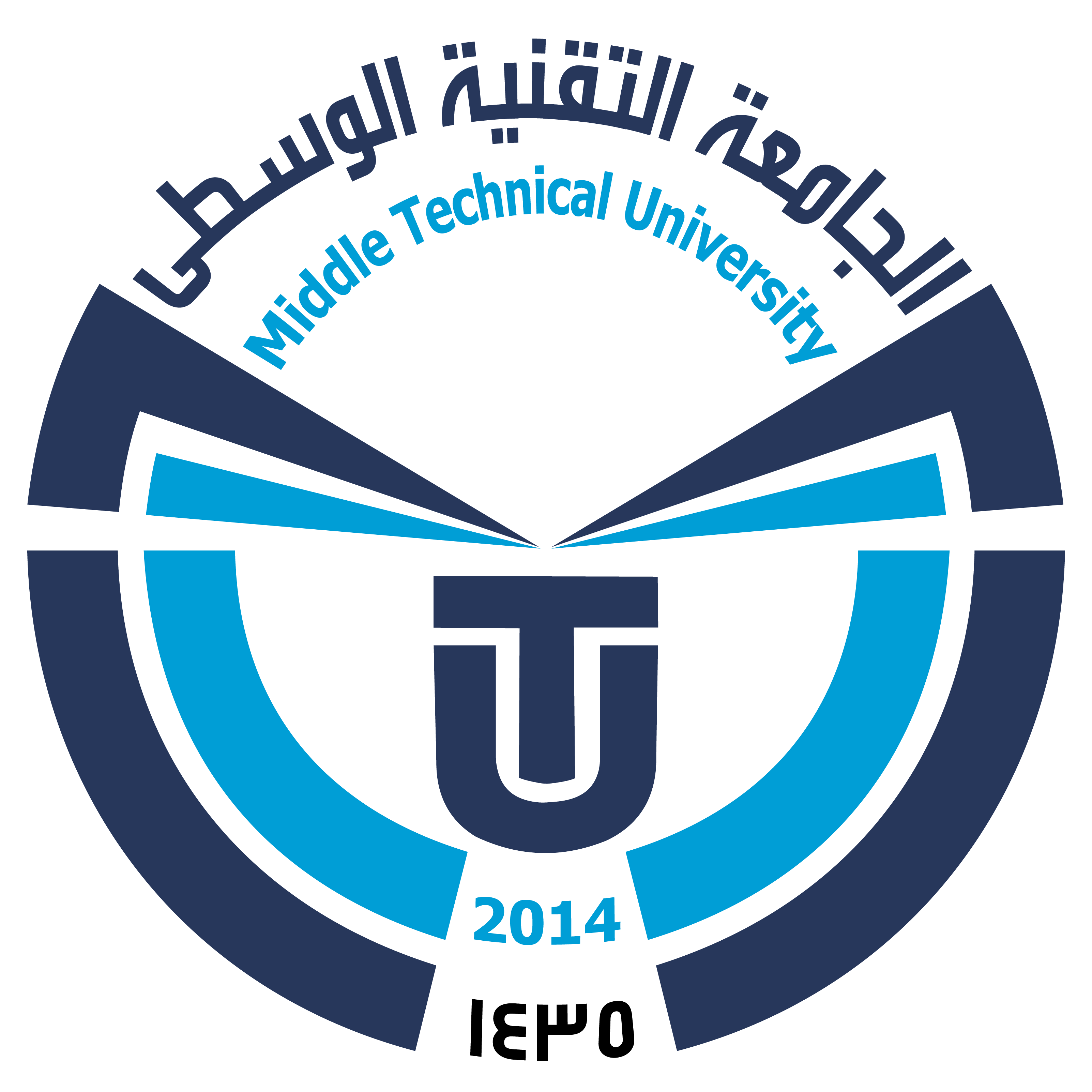Reduction of Energy Consumption of Brackish Water Reverse Osmosis Desalination System Via Model Based Optimisation
DOI:
https://doi.org/10.51173/jt.v5i1.1166Keywords:
Brackish water desalination, Reverse Osmosis, Optimisation-based model, Specific energy consumption, Specific Energy Consumption (SEC)Abstract
Reverse Osmosis (RO) process is being engaged to yield fresh water from brackish water sources. However, the RO process is characterized by its high specific energy consumption (SEC) owing to high-pressure pumps. The current study focuses on reducing the SEC of the brackish water RO desalination plant using model-based optimization practice. The inlet conditions of RO process such as the feed pressure, flow rate (individual membrane module and total plant) and temperature, have a substantial influence on the performance indicators namely, water productivity, product concentration and SEC. Therefore, the optimisation of this study has been directed to determine optimal inlet conditions within feasible limits to minimise SEC. Arab Potash Company (APC) brackish water RO desalination plant has been considered as the case study. The optimal inlet conditions have resulted in a significant energy saving of 27.97% depending on the set of decision variables being considered at a fixed brackish water feed concentration.
Downloads
References
M. Al-Obaidi, C. Kara-Zaitri, I.M. Mujtaba “Wastewater treatment by reverse osmosis process” CRC Press, 2020.
I.M. Mujtaba, M.T. Sowgath “Desalination Technologies: Design and Operation” Elsevier, 2022.
A.J. Karabelas, C.P. Koutsou, M. Kostoglou, D.C. Sioutopoulos “Analysis of specific energy consumption in reverse osmosis desalination processes” Desalination, vol. 431, pp.15-21, 2018.
Q.J. Wei, R.K. McGovern “Saving energy with an optimized two-stage reverse osmosis system” Environmental Science: Water Research & Technology, vol. 3, No.4, pp.659-670, 2017, https://doi.org/10.1039/C7EW00069C.
C.P. Koutsou, E. Kritikos, A.J. Karabelas, M. Kostoglou. “Analysis of temperature effects on the specific energy consumption in reverse osmosis desalination processes” Desalination, vol. 476, p.114213, 2020, https://doi.org/10.1016/j.desal.2019.114213.
A.A. Alsarayreh, M.A. Al-Obaidi, A.M. Al-Hroub, R. Patel, I.M. Mujtaba "Evaluation and minimisation of energy consumption in a medium-scale reverse osmosis brackish water desalination plant” Journal of Cleaner Production, vol. 248, pp.119220, 2020a, https://doi.org/10.1016/j.jclepro.2019.119220.
A.A. Alsarayreh, M.A. Al-Obaidi, A.M. Al-Hroub, R. Patel, I.M. Mujtaba “Optimisation of Energy Consumption in a Medium-scale Reverse Osmosis Brackish Water Desalination Plant” In Computer Aided Chemical Engineering (Vol. 48, pp. 373-378). Elsevier, 2020, https://doi.org/10.1016/B978-0-12-823377-1.50063-X.
Y.J. Lim, Y. Ma, J.W. Chew, R. Wang “Assessing the potential of highly permeable reverse osmosis membranes for desalination: Specific energy and footprint analysis” Desalination, vol. 533, pp.115771, 2022. https://doi.org/10.1016/j.desal.2022.115771.
M.A. Al-Obaidi, A.A. Alsarayreh, A.M. Al-Hroub, S. Alsadaie, I.M. Mujtaba “Performance analysis of a medium-sized industrial reverse osmosis brackish water desalination plant” Desalination, vol. 443, pp. 272-284, 2018, https://doi.org/10.1016/j.desal.2018.06.010.
M. Di Martino, S. Avraamidou, E.N. Pistikopoulos “A neural network based superstructure optimization approach to reverse osmosis desalination plants” Membranes, vol. 12, No. 2, pp.199, 2022.
![Schematic diagram of the brackish water RO plant of APC system _ Jordan (Adapted from Al-Obaidi et al. [9])](https://journal.mtu.edu.iq/public/journals/1/submission_1166_961_coverImage_en_US.jpg)
Downloads
Published
How to Cite
Issue
Section
License
Copyright (c) 2023 Mudhar A. Al-Obaidi, Alanood A. Alsarayreh, I. M. Mujtaba

This work is licensed under a Creative Commons Attribution 4.0 International License.
















